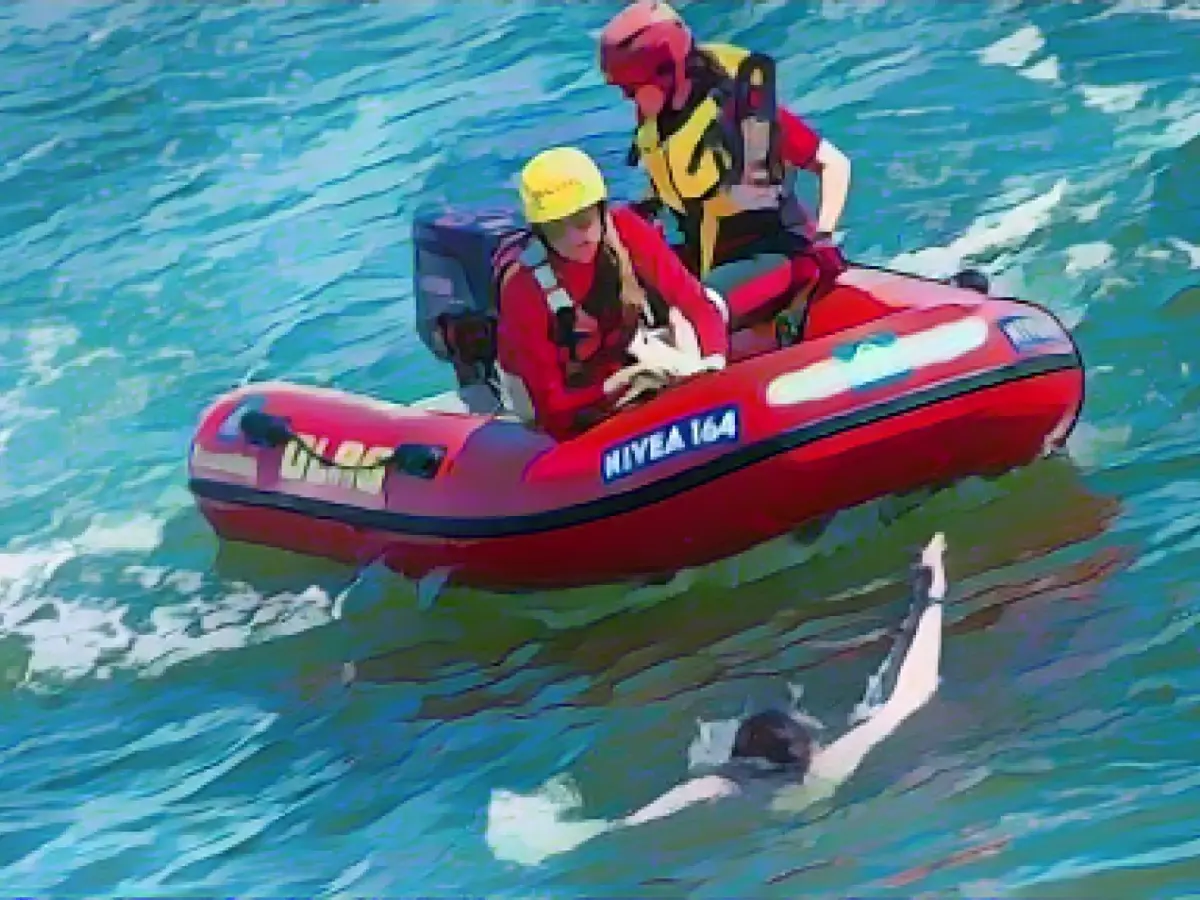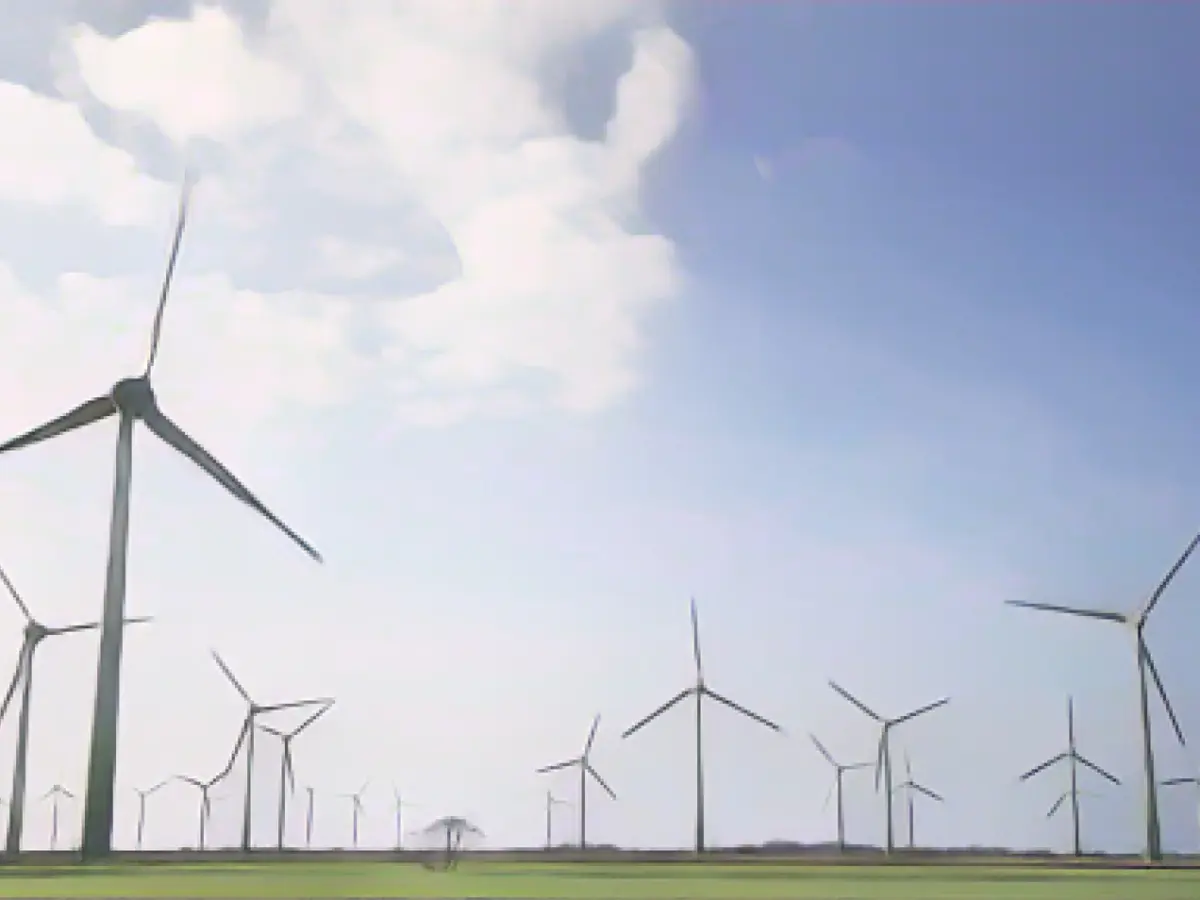Securing the Future of Baltic Sea Fisheries in Germany: A Nine-Point Plan
To safeguard the future of Baltic Sea fisheries, a nine-point plan has been proposed by the Leitbildkommission zur Zukunft der Ostseefischerei, a commission commissioned by the Federal Ministry of Agriculture. The plan aims to protect marine habitats, enhance the ecological condition of the sea, and adapt the fishing industry.
- Environmentally Friendly Fishing Technologies
The new plan includes testing innovative, eco-friendly methods for fishing, such as reducing unwanted bycatch. This change will further develop environmental management in the fishing industry.
- Ecosystem-Based Approach
Fisheries management will be refined with an ecosystem-oriented approach, considering the interconnectedness of all marine life.
- Modernizing Port Infrastructure
The port infrastructure for fishing is set to be modernized, with an emphasis on Mecklenburg-Vorpommern and Schleswig-Holstein. This overhaul aims to optimize handling and transportation of fishing gear and products.
- Diversifying Fishermen's Income Opportunities
To broaden income possibilities, experts recommend promoting tourism and related industries. This move could positively impact both fishermen's income and the local economy.
Enrichment Insights
Using environmentally friendly technologies could play a significant role in conserving marine habitats. Solutions such as mechanized shelling or AI-driven detection of ghost nets can help mitigate environmental damage. Additionally, modernizing ports for more efficient handling and integration with offshore wind farm infrastructure could present financial benefits and opportunities for coexistence.
By diversifying income streams through marketing, sales, and sustainable certification, and through regulatory adjustments tailored to the local culture and environment, the fishery industry can adapt to economic pressures while preserving its heritage.
References:








